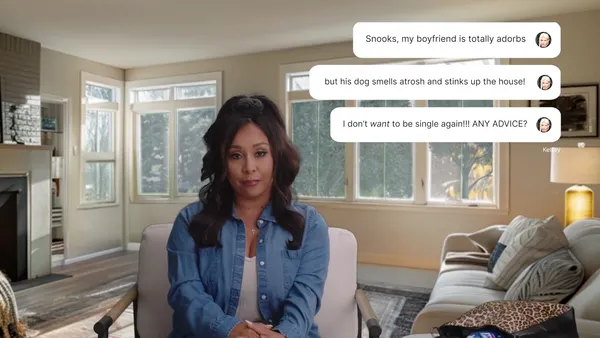Brief:
-
Google, creator of the Android mobile operating system that works on 2 billion devices worldwide, made major changes to its data privacy and transparency rules that will affect brands whose apps and websites don’t comply. The company is giving developers 60 days to adhere to its unwanted software policy or their apps and webpages will be tagged with warning messages, per a blog post.
-
Apps that handle personal user information, such as a phone number or email, or data about the mobile device need to get user permission to gather the data and to provide a privacy policy in the app — not just in the Play Store listing or on a website. Apps that ask for personal data unrelated to the app’s functionality must first explain how the information will be used and then ask for user permission to collect it.
-
Developers and webmasters can appeal the warning, per Mediapost. Websites that are tagged with a “safe browsing” warning will have to follow procedures in Google’s search console to resolve the issue. App developers can request an app review on the “app verifications and appeals” support page.
Insight:
Most major brands have some kind of website, and possibly a mobile app, that need to ensure they don’t violate Google’s new rules that are intended to give people more control over how their data are collected and used. Brands need to protect their reputation and avoid being grouped with the main targets of Google’s crackdown: malicious and harmful Android apps, including software distributed through the Play Store and third-party Android app markets.
The changes are similar to an August update to the “personal and sensitive information” rules of Google’s developer policy center. That update required the developers to indicate if their app collected and transferred user data that weren’t related to the app’s main functions. Google blocked about 500 malicious apps on Play Store that researchers had discovered, ValueWalk reported.
Google’s efforts are admirable in trying to protect users from malicious apps and malware, although its recent effort to protect against Android viruses came up short, according to one report. German software testing laboratory AV-Test evaluated 20 Android antivirus systems in September, and found that Google’s Play Protect System was lacking, the Register reported. Play Protect, which was introduced last summer, only detected 66% of malware threats, making it the least effective protection software.












